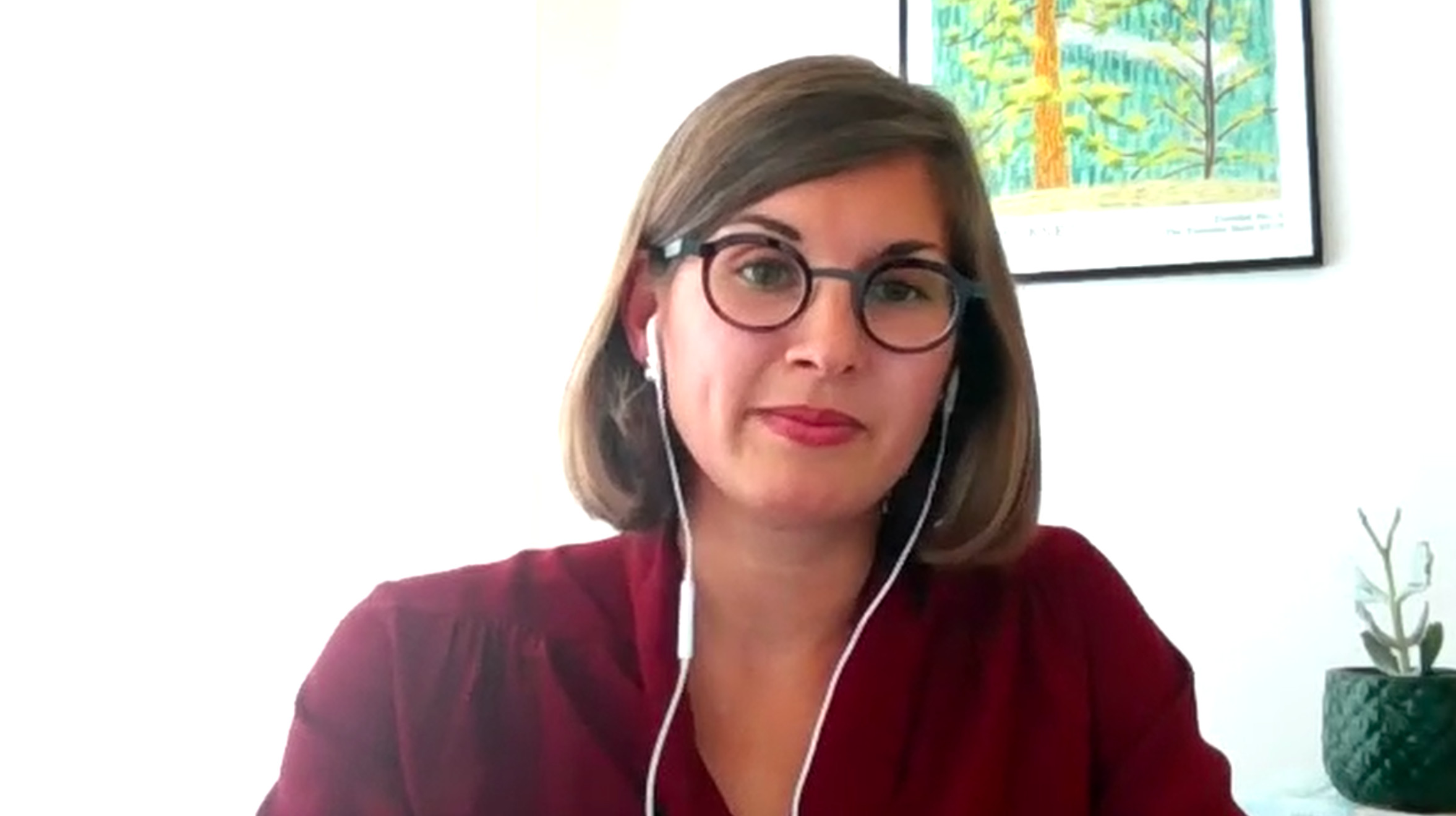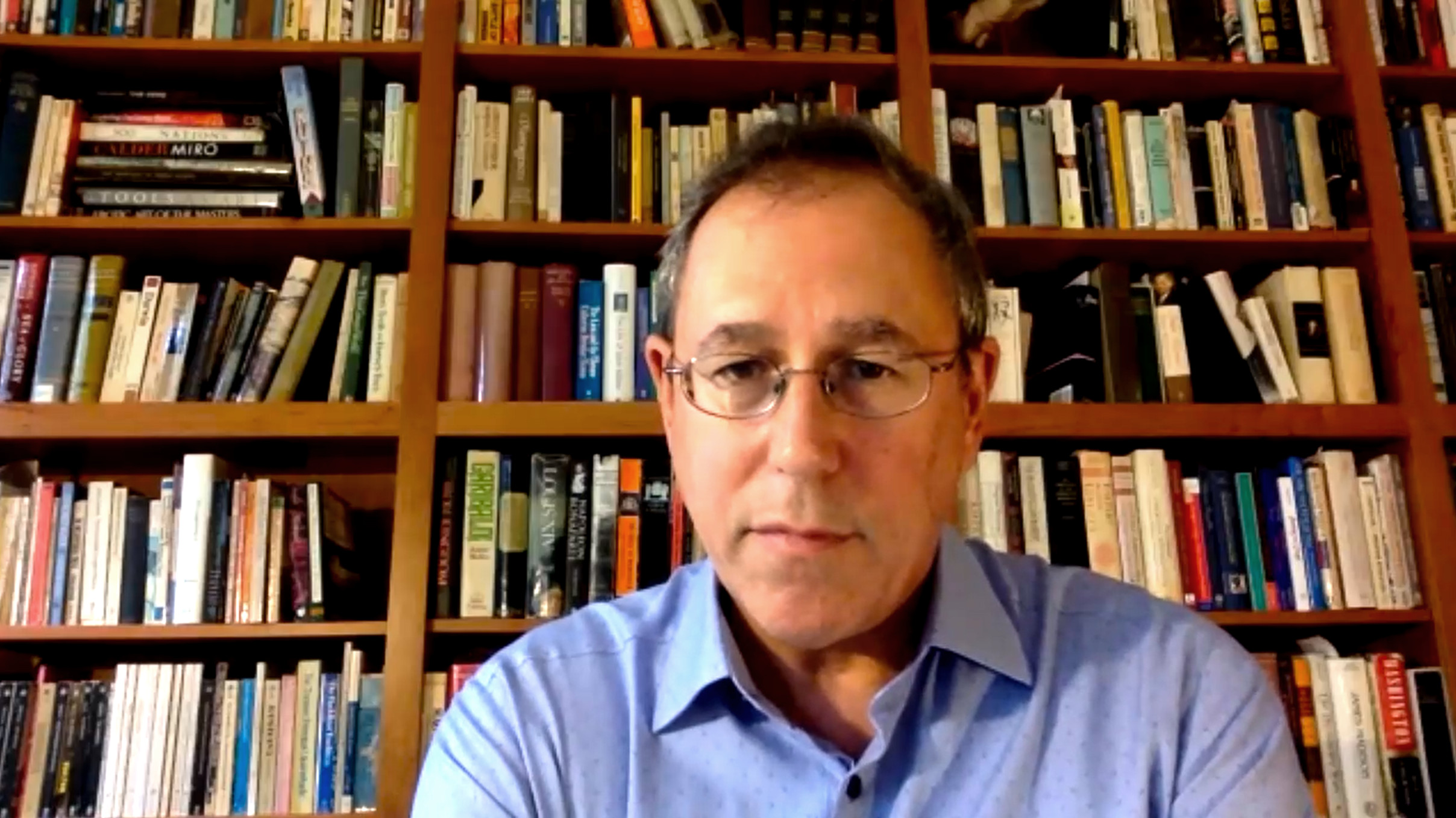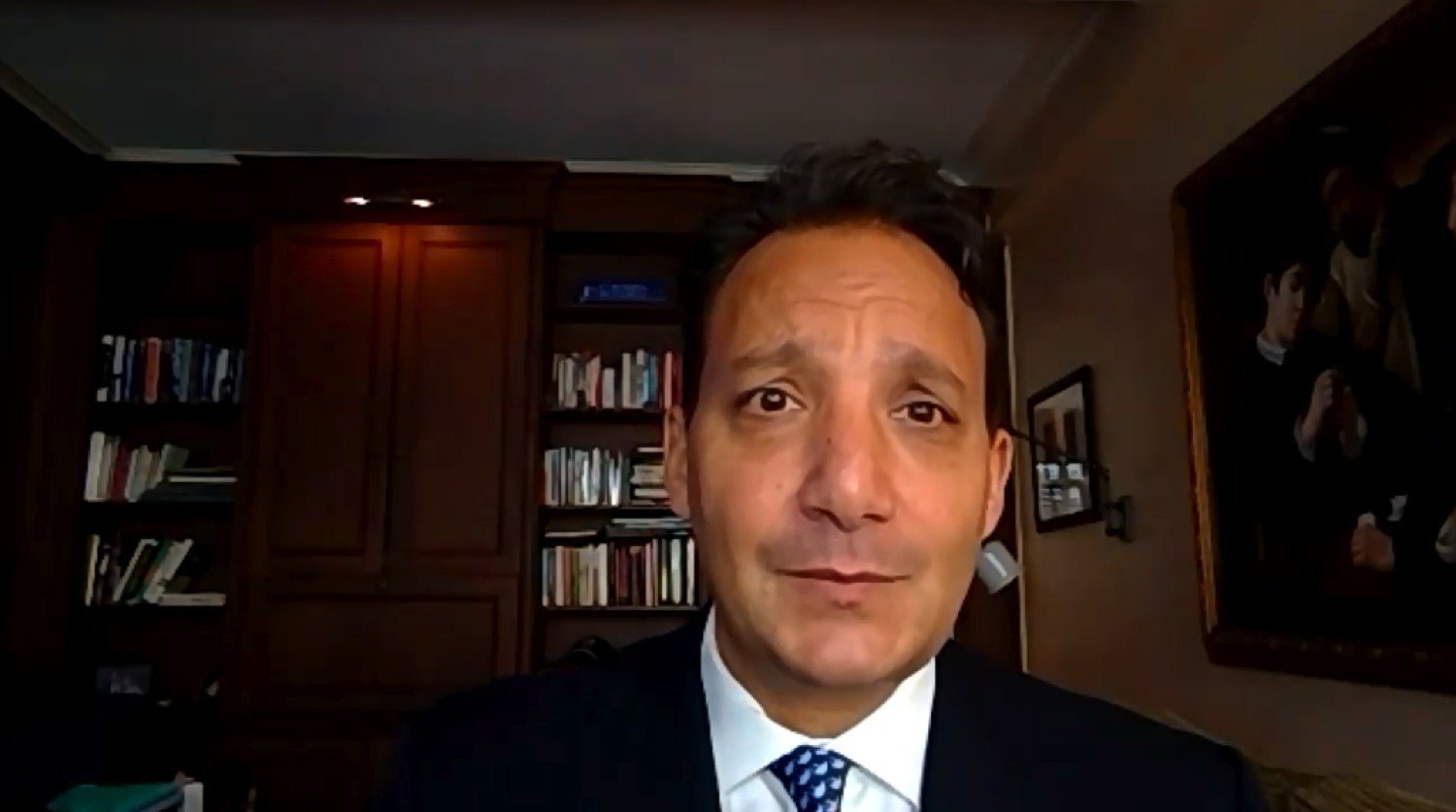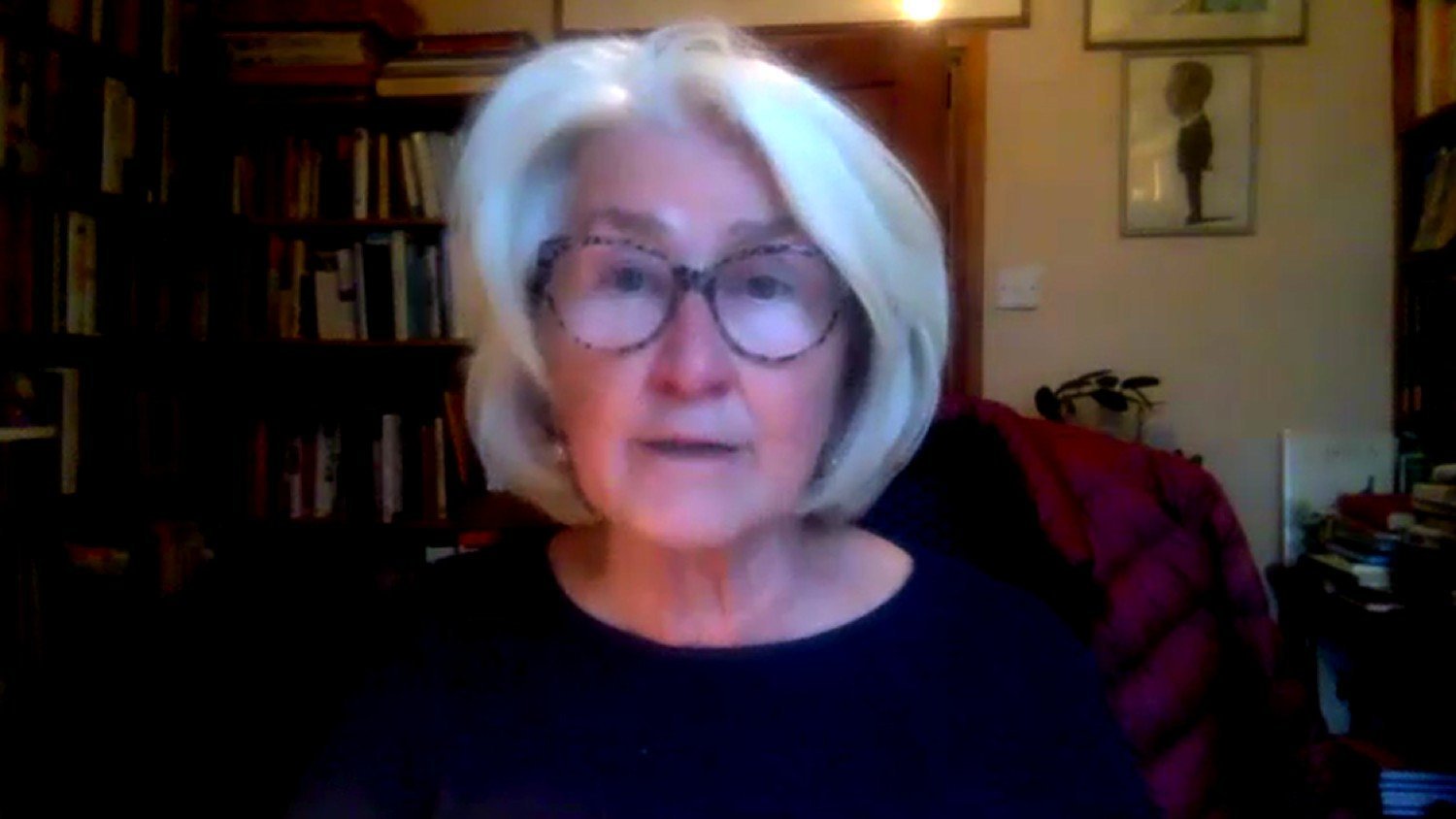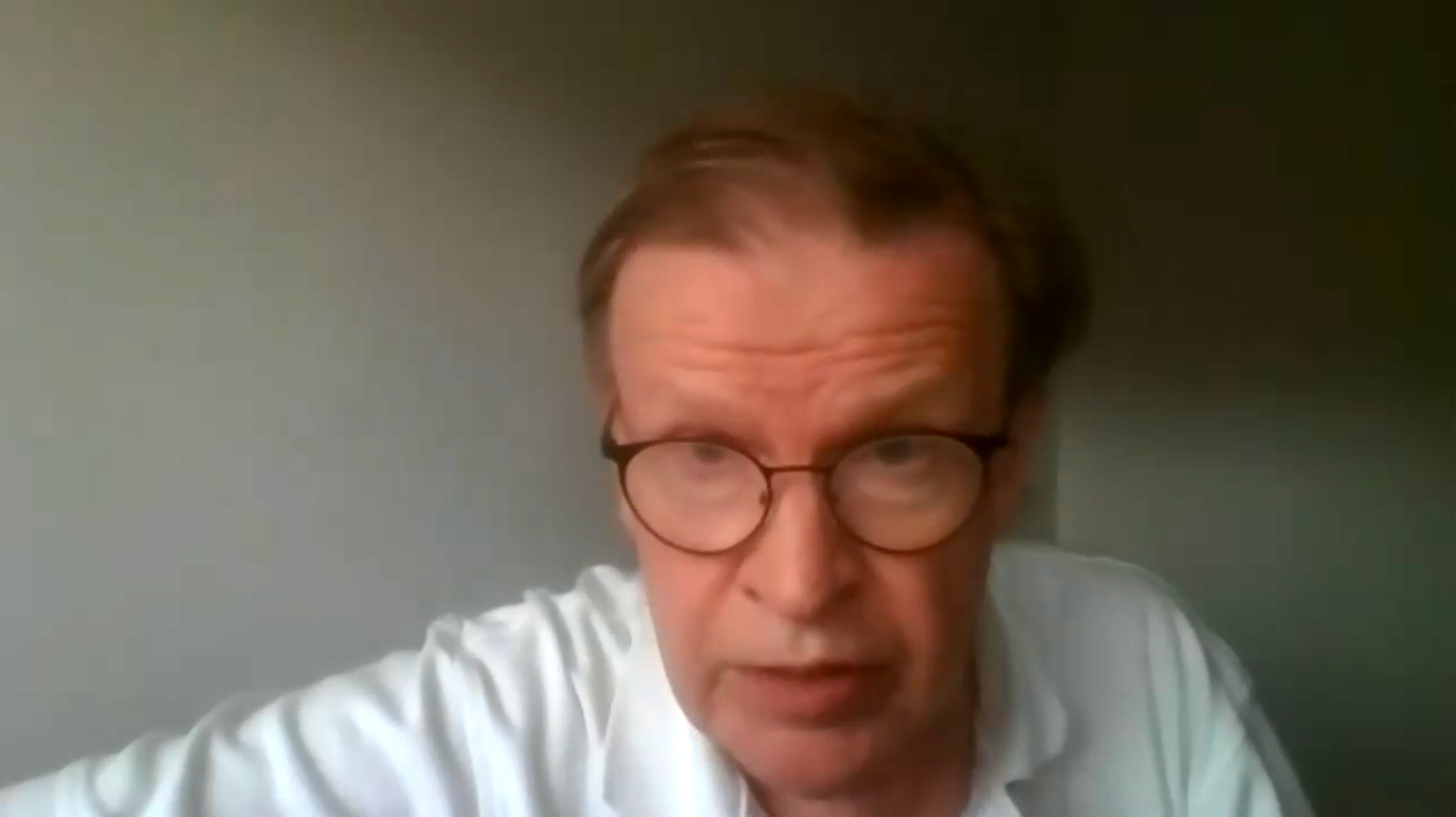Anat Ruth Admati
Israeli. George G.C. Parker Professor of Finance and Economics at Stanford Graduate School of Business
1. Why does economics matter?
Economics matters because incentive matters and economic forces and markets are important. So economics always matters and it’s behind a lot of what goes on, what people want, how they achieve what they want, how they interact. That’s economics. Coming from applied math, I sort of found economics fascinating because it is about interaction and the search of any kind of equilibrium where nobody regrets, which we’ll never quite get to. But it is about incentives, it is about markets, and they are very powerful. And that’s why it’s important.
2. What are the differences between economic science (academic economics) and economic engineering (policymaking)?
Well, in academia we have the luxury of making up worlds and studying them, so making assumptions for tractability or for trying to understand something, and I’m a theorist, so I play that game as well. And I’ve learned a lot from these models. But we sometimes like to be motivated by questions in the real world, and we sometimes like to make policy prescriptions. But we never have to really bother with how the policy would come about, or most importantly the elephant in the room that may have been left on the sideline of our models.
And then we also have in recent years gotten the flawed thinking that if we calibrate a model, that somehow gives it validity. But we can play that game and we say, OK, now my paper poses this thing and has this data or this simulation, and we calibrate it to these parameters that I think are coming up from some other study earlier that I cite. And then we go on and write another paper.
We haggle with the referees and write another paper and that’s it. We present it in seminars and then we get promoted and tenure and maybe we advance to some editorial position and perpetuate the same kind of writing. Now, economic engineering, as you called it, in the policy space actually has to try to achieve something. And so oftentimes the people there may have forgotten that they’re not in academia and that they don’t have the luxury of ignoring the elephant in the room.
And they pretend that they can do whatever some paper says that they favored, or that they can reverse engineer some results and justify it. But if they are good engineers, then they will not build bad buildings or bridges, but will use the best science and not faulty science. And also, they’ll have to find a way to communicate their ideas a little bit better to people who are not economists or who don’t understand, but it’s not usually rocket science - some intuitions are subtle, obviously, and I do the math and I write theory papers - but when it comes to policy, you have to be more nuanced. But you can still and need to still explain and advocate for good policy and sometimes with people who are inclined to feel differently. So you have to be able to go into the politics of it, which often determines the outcomes.
3. What role does economics play in society? Does it serve the common good?
It’s playing, I would say, an outsized role in society. I think economists have become sort of too self-important, and I lament that because, as Abba Lerner said, “every economic transaction is a solved political problem.”
And economists think of economics as the queen of social sciences and look down upon the other disciplines, such as political science, psychology, sociology, anthropology and law, which is actually a huge problem, that they ignore these other disciplines because a lot of what I know for sure is going on, because I’ve encountered it personally as an economist, is not in the models of the economists.
So I think they speak with overconfidence about things, they themselves can get captured and corrupted, which they refuse to admit. So they’re subject to all the human kind of problems that plague humanity, basically. The humankind.
4. Economics provides answers to problems related to markets, efficiency, profits, consumption and economic growth. Does economics do a good job in addressing the other issues people care about: climate change and the wider environment, the role of technology in society, issues of race and class, pandemics, etc.?
No, it doesn’t. That’s a simple answer. It doesn’t. It emphasizes these magic words: growth, efficiency, all of that, and they leave it at that. So we know from Arrow’s first result that collective action and social welfare is sort of a messy, complicated thing, that there isn’t a social welfare function that aggregates preferences.
But instead we start from the perfect complete market Arrow–Debreu efficient thing, and then we sort of tweak it a little bit from there: oh there’s a little bit of externality over there, let’s add Pigouvian taxes, or let’s do this and that and then go home, go to sleep, feel good. And there has been enough pressure to study inequality and there has now been enough pressure to recognise climate change.
So economists don’t have the answer for that, or have very incomplete answers to that, because oftentimes they don’t see the root causes of some of these things and don’t get engaged enough with others to actually solve these problems. They just remain fairly superficial about it.
5. As we live in an age of economics and economists – in which economic developments feature prominently in our lives and economists have major influence over a wide range of policy and people – should economists be held accountable for their advice?
I hope so and wish they do, because we have had a lot of failed economic ideas that have actually caused harm. And sometimes the same people continue to be the ones that are dictating what keeps going on.
The Washington consensus didn’t really understand the meaning of open markets, free markets, minimal government, didn’t understand that there is no capitalism and no markets without functional democratic institutions and legal systems. You don’t have contracts, you don’t have markets if you don’t have basic institutions of society in place. And they were sort of blind to that. So you go in and declare victory if there is election and all of that, a superficial understanding of democracy and democratic institutions and accountability in democracies.
And then you bring ideas that don’t fit. So, yes, I think that people who are prone to living in the world that they make up in their own heads do need to step aside or be pressured into looking beyond their assumptions. And they need to be challenged for their assumptions when they continue to make to make policy prescriptions. Unfortunately, we keep seeing some of the same ideas. And it’s not that every great new idea is by definition awesome.
That’s not true either. So there are a lot of clever ideas that are also nonsense. So we just have to really apply the logic of even economics better, sometimes, and question our assumptions a little more.
6. Does economics explain Capitalism? How would you define Capitalism?
So I recently had to write an essay on that, and so I looked up the dictionary definitions of capitalism. It’s interesting, there are two kinds of definitions. If you look at the Oxford Dictionary, capitalism is essentially defined as not socialism or not communism, it doesn’t quite use those words, but it says it’s an economic and political system - this is the Oxford Dictionary, if I remember correctly - in which private ownership controls trade and industry rather than the state. So it’s about ownership of trade and industry.
But how do you have industry, which consists of corporations in the modern world, and how do you have trade without a legal system? It’s blind to that. Who makes the rules? Where are the courts? Who enforces contracts? Who puts in the rules of market? It ignores that. So it just talks about who owns. Even if you privatise something, well, now what? You privatize an essential service, is that necessarily good? Who makes sure that the privatized health or education or the things in capitalist economies such as the US actually work for society or are even efficient? Especially when you talk to, or even when you privatize defense, etc. So it’s not about ownership, it’s about a system.
OK, now the other definition of capitalism, and this one says political system. So it kind of seems it’s also blind to whether it’s democracy or not, because now we have what, Chinese capitalism? People attach all kinds of labels to capitalism. Now, the definition in Merriam Webster’s Dictionary - again, an online dictionary, that’s what you find if you look it up - is not about whether it’s socialism or communism and “not that” is equal capitalism, but is defined by corporations, by markets, free markets, prices, all these things.
And so there’s private ownership, there’s for-profit corporation now, there’s markets, there’s prices, and that’s how allocations are determined. So it’s about what we teach in Econ 101. And that’s another definition of capitalism, where this is a system where allocations are determined. Now, the capitalism that we have, that we have grown to have in the 70s, 80s especially, I call it - but actually in the last century, increasingly more is what I call - financialized capitalism.
So I call it financialized capitalism because it has a significant role for financial flows, global financial flows and financialized metrics and financialized governance, corporate governance. So one thing important to understand, which economists are not understanding, is the concept of the corporation. The corporation is not a set of assets owned by shareholders like in the simple-minded models that we have. It is not also a nexus of contracts like some economists like to think about it, trivializing therefore the separateness of the corporation.
The corporations are legal people enabled by legal systems. They are incorporated in a jurisdiction, they operate across jurisdictions, and they must obey the law as legal people. And that has been an invention in its modern form, going back to Netherlands and the Dutch East India and then followed a little bit later by the British East India. And they were government-like chartered private entities. And the key about them, if you read the important literature in legal scholarship, is the separateness of that, which means that the assets of the corporations are shielded from its own owners of the shares.
They’re not owners of the assets legally or conceptually. And you cannot replicate that separateness, that asset yielding, the fact that the corporation is itself protected, unlike a partnership, from the creditors of the shareholders. You can’t replicate that with a set of contracts into perpetuity or it’s too complicated to do. So the separateness of the corporation is hugely important. It’s important for the good and it’s important for the problems. It’s important for the good because it enables the corporation to sign contracts, long term contracts, to fund long term investments and to scale up a lot of production to gather money with limited liability from many sources with shares can be traded in exchanges.
So it creates risk sharing and all this kind of stuff. But it also reduces the incentives for any kind of accountability and it creates enormous governance problems in institutions that are oftentime the size of nation states and are as complicated and as important and as political as nation states. So in the global economy, corporations have to be viewed not as economic players in our markets, but as John Mikler says in the book about the political power of global corporations, as political players.
And they often work with their home nations and they must be understood as players in the global geopolitics. So they’re tied to home states, they are considered national champions, sometimes the big ones, and they don’t play in markets. They make markets, if you look at Amazon or some of the big ones. So we have to understand corporations a bit differently and understand that they impact the politics. And by now they have overtaken and overwhelmed democracies, which is why we have an intertwined crisis, to get it completely intertwined, crises of both capitalism and democracy. Democracies cannot deliver to their citizens anymore. And that’s part of why you have an erosion of democracy. And again, everybody has narratives on it. So when we get to why we’re here, it’s going to be all about discursive power and narratives.
7. No human system to date has so far been able to endure indefinitely - not ancient Egypt or Rome, not Feudal China or Europe, not the USSR. What about global Capitalism: can it survive in its current form?
Well, it depends how you diagnose its current forms. There’re many things going on with global capitalism. One of the interesting comparisons to make is between the financial sector and the technology or Internet sector. The difference being that the financial system, which involves also central banks and governments and of course a lot of players that move money around (investors) is sort of always very political because currencies have connected them. And we have challenges from tech now in cryptocurrencies and other things which we can discuss, as sort of out-growth of both capitalism and technology, or sort of markets and technology corporations. But the Internet sector was born global, whereas jurisdictional currencies, economic systems are always more in an economy, and then they sort of interact through financial flows and other things.
In the Internet sector, everything was global, but not really in control of governments. And by now we have a lot of friction there in terms of the power of technology that moves across borders and governments trying to control data: China, India, Russia, etc.. So what happens to the Internet now is sort of interesting in the context of global capitalism. But global capitalism is global politics.
They’re intertwined again, both in jurisdictions, democracy and the way the markets work, are all intertwined and who can protect which stakeholder. All of that, all political problems, all legal problems and determined in the political and legal system as much as in the economic system, or you can call it in the political economy or in the economy of all kinds of other systems than the purely economic systems. But the economic outcomes are determined there.
And therefore, geopolitics and international relations and global capitalism are all one and the same. You’ve got trade agreements, WTO in trade agreements. If you look at Dani Rodrik’s way, it’s not about protectionism and tariffs, it’s about the rules of the game. And we have to start talking more seriously about the rules of the game if we’re going to make global capitalism work. It’s going to have to, I hope, change for the better in terms of our recognition of what the problems are in it, or it’s going to bring much more harm as operating right now.
8. Is Capitalism, or whatever we should call the current system, the best one to serve the needs of humanity, or can we imagine another one?
This search for the best, we’re in some nth-best, it’s not the best for sure. Whatever you call the status quo it’s not the best. There is a huge amount more we can do. In fact, if we’re complacent with this being the best, we are really, really doomed in so many ways: from climate change to cybersecurity, we are doomed in the sense that there would be significant harm to a lot of people, maybe not some privileged ones who will be able to continue to enjoy benefits for longer, but that is far from the best system we can have.
Where we need to pay attention, though - and that’s really at the root cause of a lot of the problems - is transparency and governance. Governance includes transparency, sunshine, etc. So governance problems is sort of decision making processes, legal processes, adjudication processes, contracting, all these things that the assets we created - financial assets, intellectual property, assets, all of that - what is private property? Who should have property for how long?
All these things we’re debating: vaccine distributions, IP for this or that know how, and who produces, who invests and who takes the down side. Right now there are a few people who have outsmarted other people to have excessive power in the world, in economics and in the political sphere. And they are not necessarily the governments and they are not sort of ’the people’. So it’s neither an efficient nor an equitable or stable or any of the good words you can use as it is right now.
And it can be made better along multiple dimension. It can’t be made perfect. But when you say best, is best subject to some constraints? I include in that constraint about political will, about talking it through, about actually understanding, about not falling for misleading narratives, for being honest with ourselves, for being trustworthy, where it’s not about “here’s my story and if I can get in your head and convince you of it, even if it’s completely wrong, then you’re going to believe me and let me do what I want.”
Just be a lot more savvy in the economics of i and in the politics of it. And then we can have better institution, and that’s the key.

